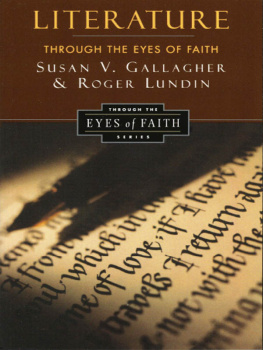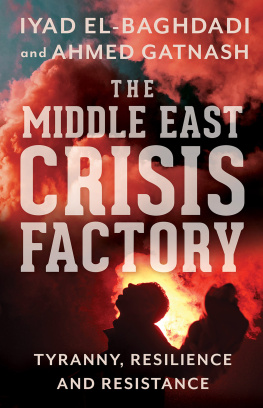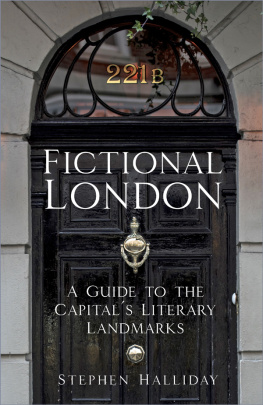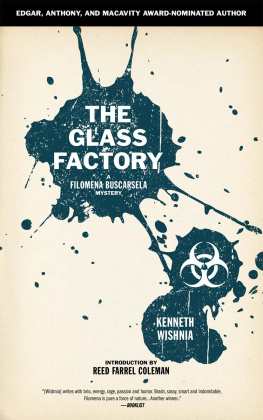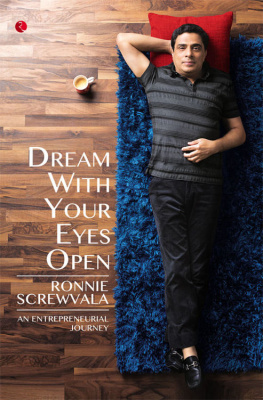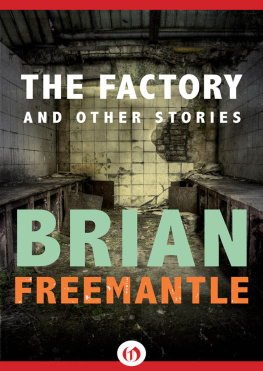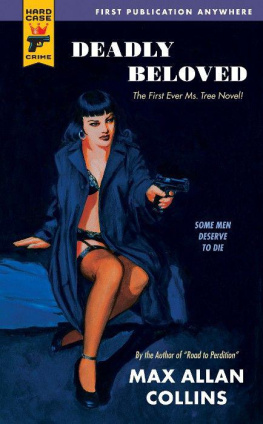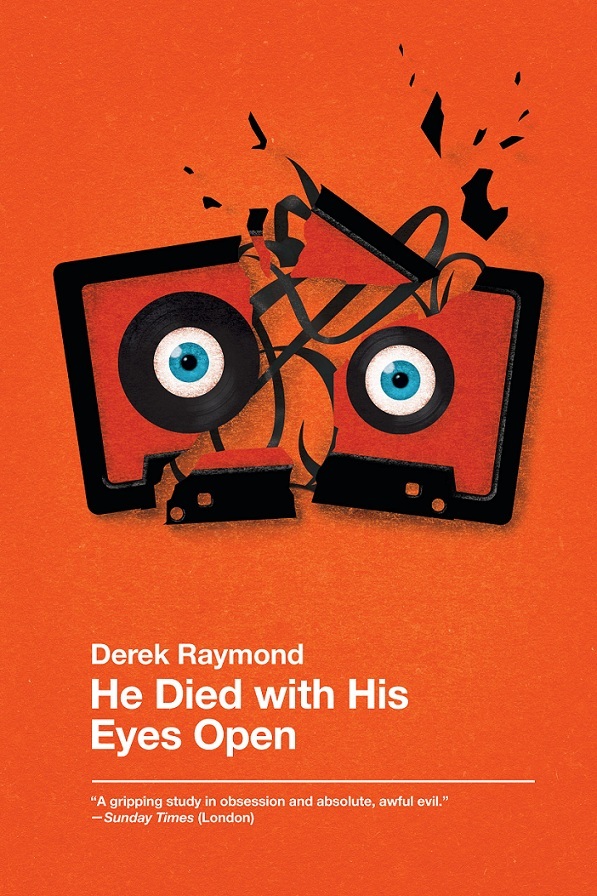
He Died with His Eyes Open
Derek Raymond
Introduction by James Sallis
The right of Derek Raymond to be identified as the author of this work has been asserted in accordance with the Copyright, Designs and Patents Act 1988
Copyright 1984 Estate of Robin William Arthur Cook Introduction copyright James Sallis 2006
The characters and events in this book are fictitious. Any similarity to real persons, dead or alive, is coincidental and not intended by the author.
First published in 1984
ISBN 978 1 85242 796 2
For Fiona
'One eye was shut where he knocked it on leaving the tomb
But the other is staring from behind the cornflakes
On middle-class dining-room sideboards.'
Robin Cook The Edencourt , 1952
Introduction
by James Sallis
Five or six times in a life you come across a book that sends electric shocks skittering and scorching through the whole of you and radically alters the way in which you perceive the world. There's a great deal of talk about books changing lives. The mass of people are as likely to have their lives changed by a doughnut as by a book. But it does occur.
In 1990, as usual, I was reviewing for a number of periodicals; books arrived daily by the boxful. It became my habit, as I headed out for afternoon coffee, to select a book at random from the stack and take it along.
One day I happened to pick up the unprepossessing trade paperback of a thriller by Derek Raymond titled I Was Dora Suarez.
And for three or four hours, I was. Not only youthful Dora Suarez, who lived and died horribly. I was also taken deeply into the mind of the nameless detective from 'the Factory' who, reading Suarez's journal and following her trail through tangled London streets, sets out first to solve, then to avenge her murder. And from the first page I was plunged into the mindterrifyingly into the mindof the murderer himself. His thoughts and feelings became as real to me as the chair upon which I sit now, writing this.
I put down the book stunned. I was sitting outside and, suddenly, quite ordinary traffic along Camp Bowie Boulevard seemed fraught with meaning. Streetlamps came on, dim and trembling in early twilight. I realized that this novel on the bistro table beside coffee, saucer and keys had carved its way into me the way relentless pain etches itself indelibly upon the body.
Soon enough then, mapless but undaunted, I was haunting bookstores old and new on the prowl for other Derek Raymond novels.
They were, and remain, strange things when caught, grotesqueries really, unremittingly bleak, brimming with gruesome physical detail, awash with despair. In between booksnot quite what you'd want to call literary perhaps, but then, not quite crime novels either.
In the novel you now hold, the nameless detective from London Metropolitan Polices Department of Unexplained Deaths ('the most unpopular and shunned branch of the service') barely investigates the crime. His fascination lies with trying to understand the victim, an agenda that in turn, on the author's part, and especially in I Was Dora Suarez, carries you fall force into the criminal mind. None of the niceties of civilized banter from this detective, brash and strident with fellow officers, superiors, and the populace alikeand nothing of civilized reserve or restraint in these novels. Body and soul, you are scooped from your world, given momentary flight, then dropped on to the hard ground of a world quite different. You stand, and when you do, you enter the minds of criminals and victims; you become prey and predator.
Often, penetration into those minds yields up a marvellously brutal and strangely gentle kind of poetry, as in this passage from well along in He Died with His Eyes Open:
Unhook the delicate, crazy lace of flesh, detach the heart with a single cut, unmask the tissue behind the skin, unhinge the ribs, disclose the spine, take down the long dress of muscle from the bones where it hangs erect. A pause to boil the knivesthen take a bold but cunning curve, sweeping into the skull you had trepanned, into the brain, and extract its art if you can.
Or here, as a friend of the detective in youth, a sculptor, speaks of his art:
'What I'm always trying to capture,' he explained, 'is the light, the vision inside a man, and the conviction which that light lends his action, his whole body. Haven't you noticed how the planes of a man's body alter when he's in the grip of a belief? The ex-bank clerk acquires the stature of an athlete as he throws a grenadeor, it might be, I recollect the instant where an artilleryman in an attack, a worker with a rifle, is stopped by a bullet: I try to reconstruct in stone the tragedy of a free man passing from life to death, from will to nothingness. I try to capture the second in which he disintegrates.'
Derek Raymond was the pseudonym adopted by Robin Cook, a well-born Englishman who spent a great portion of his life in France. Turning his back on Eton and all his birth class implied, he worked for years at whatever menial jobs or scams came to him, writing all the while, learning the secret life of London the way a taxi driver must learn its streets. Soon enough he embraced the crime novel, taking as his subject the dispossessed and faceless, society's rejects: alcoholics, abused women, prostitutes, petty criminals swarming like pilot fish in the wake of sharks. His life's work culminated in the four Factory novels now seen as clear landmarks in British fiction: He Died with His Eyes Open, The Devil's Home on Leave, How the Dead Live, I Was Dora Suarez.
It seems to me that Derek Raymond occupies much the same position in England as does Jean-Patrick Manchette in France. Manchette salvaged the French crime novel from the bog of police procedurals and colourful tales of Pigalle lowlife into which it had sunk. 'The crime novel,' Manchette claimed, 'is the great moral literature of our time.' For Manchette and his followers the crime novel became not mere entertainment, but a means to strip bare and underscore society's failures. Derek Raymond, godfather of the new UK crime novel, who despite his many years in the French language always spoke of the noir novel as the black novel, was in full accord. The black novel, he said, shows that the world is something quite different and much harder than what we in ignorance and denial go on insisting it is.
'The black novel... describes men and women whom circumstances have pushed too far, people whom existence has bent and deformed. It deals with the question of turning a small, frightened battle with oneself into a much greater struggle - the universal human struggle against the general contract, whose terms are unfillable, and where defeat is certain.'
The black novelist's characters forever step from rented rooms and wretched tenements 'into the vile psychic weather outside their front doors where everything and everyone has been flattened by a pitiless rain that falls from the souls of the people out there.'
In another passage from his autobiography The Hidden Files, Derek Raymond wrote about his struggle with the raw stuff of his books. He was writing specifically of I Was Dora Suarez here but had in mind, I am certain, all the late novels.
'What is remarkable about I Was Dora Suarez has nothing to do with literature at all; what is remarkable about it is that in its own way and by its own route it struggles after the same message as Christ.' It was, he professed, 'my atonement for fifty years' indifference to the miserable state of this world; it was a terrible journey through my own guilt, and through the guilt of others'.
What is most remarkable to me is the way in which books like Derek Raymond'sstrong stuff, graphic, unsettling, even repugnant-can bring us in one hand that "pitiless rain" and in the other a shelter against it. No one claiming interest in literature truly written from the edge of the human experience, no one wondering at the limits of the crime novel and of literature itself, can overlook these extraordinary books.
Next page

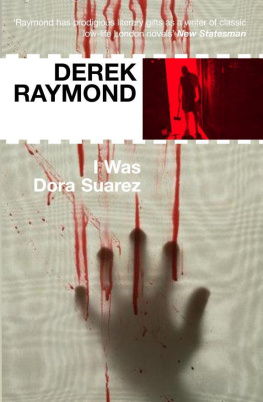
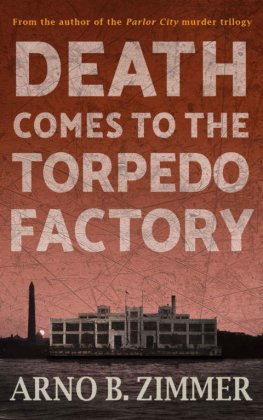
![Kornell Vulrich - Eyes That Watch You [= The Case of the Talking Eyes]](/uploads/posts/book/832907/thumbs/kornell-vulrich-eyes-that-watch-you-the-case.jpg)
